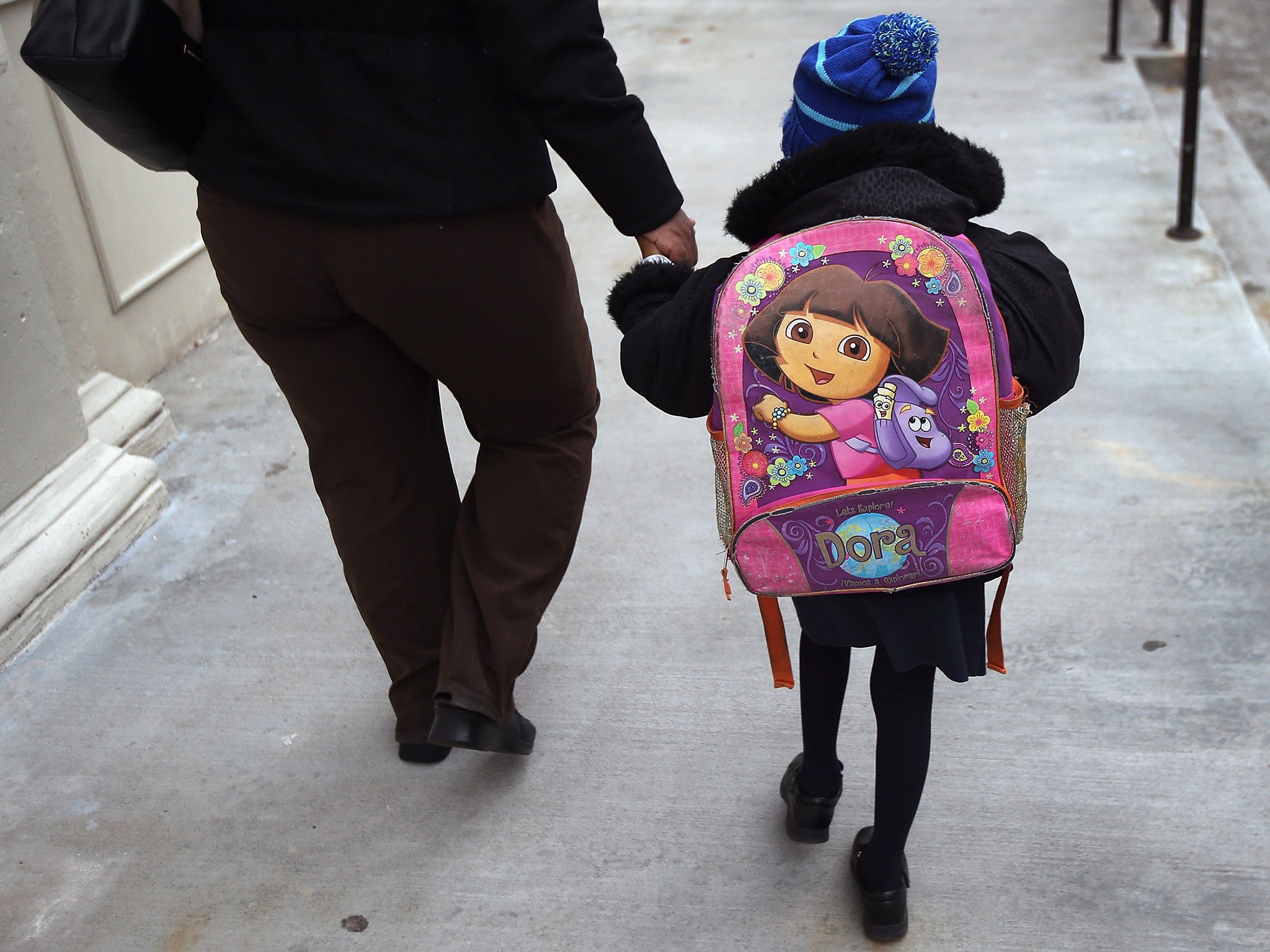Child welfare reforms: Government want children taken into care to be fast-tracked into permanent adoption
Education Secretary describes new strategy as a ‘watershed moment,’ but plan faces strong opposition from social workers

Your support helps us to tell the story
From reproductive rights to climate change to Big Tech, The Independent is on the ground when the story is developing. Whether it's investigating the financials of Elon Musk's pro-Trump PAC or producing our latest documentary, 'The A Word', which shines a light on the American women fighting for reproductive rights, we know how important it is to parse out the facts from the messaging.
At such a critical moment in US history, we need reporters on the ground. Your donation allows us to keep sending journalists to speak to both sides of the story.
The Independent is trusted by Americans across the entire political spectrum. And unlike many other quality news outlets, we choose not to lock Americans out of our reporting and analysis with paywalls. We believe quality journalism should be available to everyone, paid for by those who can afford it.
Your support makes all the difference.Children taken into care will to be fast-tracked into permanent adoption away from their natural parents under Government plans to change the way vulnerable young people are looked after by the state.
In a wide-ranging package of reforms ministers intend to change the law to make it clear that courts and social workers must always pursue adoption when it is in a child’s best interest.
The move is expected to result in many more children being permanently adopted rather than being placed in foster homes in the hope that they could in future be re-united with their natural parents.
However the plan faces strong opposition from social workers who claim the Government is pushing adoption to save money and have warned councils will feel compelled to meet centrally set targets, rather than acting in the best interests of children.
Currently it can take up to 18 months for children in care to be adopted a time scale that ministers want to half.
As part of the proposals the Government has also pledged to provide more support for adopted children and the parents who look after them.
All adopted children will be entitled to counselling services until the age of 21 and will be given a designated teacher at school to look after their interests.
In order to maximise the number of children being successfully adopted councils will be made to join regional adoption agencies while the length of time it takes for adoptions to go through will be monitored.
Announcing the changes the Education Secretary, Nicky Morgan, described the new strategy as a “watershed moment”.
“For the first time ever, we are explicitly setting out how we will transform the lives of our most vulnerable children by making sure they get the opportunities they deserve,”
“We cannot stand by while children spend months in care waiting for their new family, when loving parents are available. We cannot preside over a situation where adopted children are less likely to do well at school than their classmates. “And we mustn’t fail to take action against stifling red tape that stops councils from matching children with the families that are right for them.”
But a recent survey of over 400 social workers for the magazine Community Care found widespread concern about the Government’s plan.
Just 4 per cent of respondents said they agreed with the government’s approach, while 69 per cent said they did not agree while the rest were undecided.
One social worker, responding to the survey, said: “[Ministers] seem to want to blame local authorities, when the courts introduce the huge delays with the insistence on endless assessments, ignoring the assessments of social workers.”
Another said that targets would “distort and undermine” the processes they are meant to improve,” while another questioned the research behind the targets: “Where is the evidence that shortening the time frame for adoption assessments to 6 months will encourage more people to adopt? It could well mean inadequate rushed assessments.”
Join our commenting forum
Join thought-provoking conversations, follow other Independent readers and see their replies
Comments